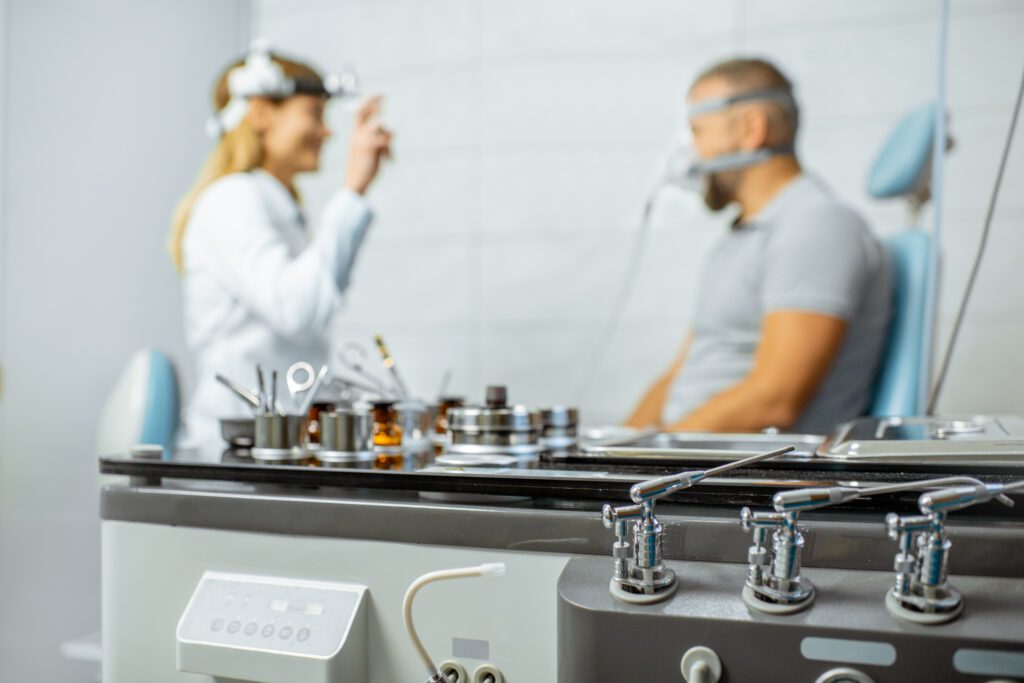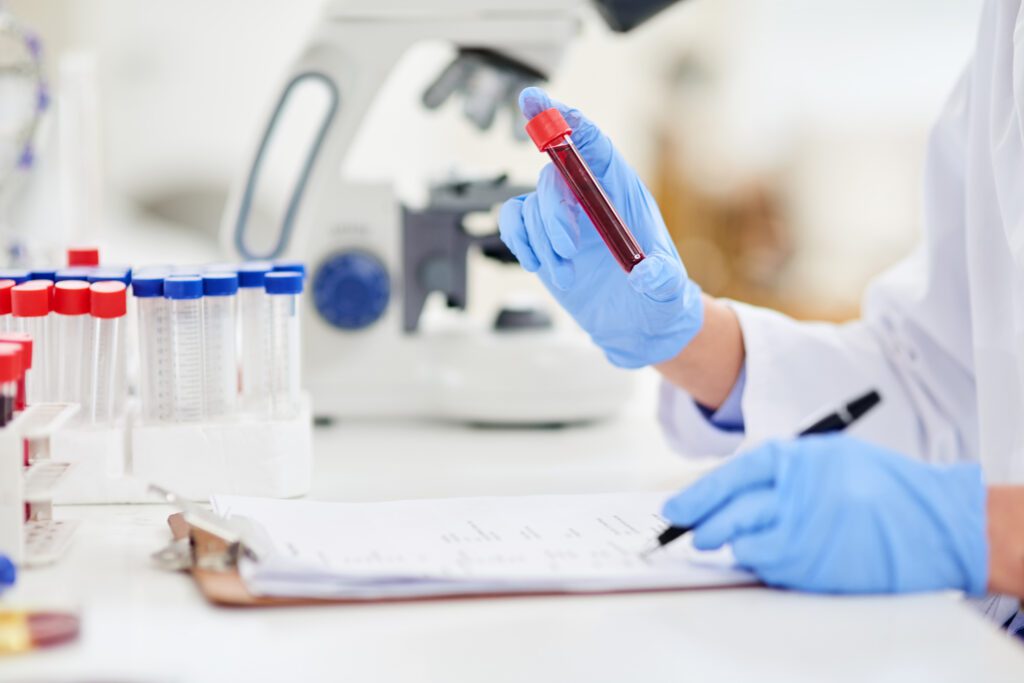Tips for Preparing for Lab Exams and Blood Tests
Preparing for a lab exam and blood test can be a daunting experience for some, and feeling nervous is entirely normal. Following proper preparation is imperative to ensure a smooth and successful experience. Moreover, preparing for lab exams and blood tests is crucial to maintaining good health and preventing potential medical issues. Whether it’s a routine check-up or a specific diagnostic test, adequate preparation can ensure accurate results and a smoother testing process.
Preparing for Lab Exams and Blood Tests (Tips)
Ask Doctor's Fasting Instructions
Some medical tests require fasting to obtain accurate results. If this is your first time, follow the instructions provided by your healthcare provider. Typically, fasting for 8-12 hours is required for certain blood tests.
Stay Hydrated
It is advisable to drink plenty of water unless instructed otherwise. Staying hydrated can make it easier for the healthcare professional to draw blood.
Understand Test Requirements:
Be aware of the specific requirements for your tests. Recheck the instructions because some tests may require avoiding certain medications or dietary restrictions before the exam.
Communicate Medication Use
Inform your healthcare provider about any medications, vitamins, or supplements because some substances can interfere with test results.
Dress Comfortably
Wear clothing with sleeves that can be easily rolled up if the blood test involves drawing blood from your arm.
Relax and Stay Calm
Anxiety can affect your blood pressure and make it more challenging to draw blood. Practice deep breathing or other relaxation techniques to help calm nerves.
Bring Necessary Documents
Depending on hospital protocol, some doctors require patients to bring any required identification or paperwork, even lab tests. The basic requirement is a doctor’s order for the test or insurance information.
Inform about Allergies
If you have a history of allergic reactions to medical procedures or materials, inform the healthcare provider beforehand so they know what to do.
Get Adequate Sleep
Every healthcare provider advises patients to get a good night’s sleep before the exam. Being well-rested can positively impact your overall health and make the experience more comfortable.
Be Honest in Answering Questions
If you have concerns or questions about the procedure, don’t hesitate to communicate with the healthcare professional. They are there to ensure your well-being and answer any questions. Your honesty is crucial in providing accurate healthcare.
Eat a Balanced Meal Afterwards:
After fasting for specific tests, have a balanced meal post-exam to replenish your energy levels. You may ask your doctor’s advice.
Follow Post-Test Instructions
Pay attention to any post-test instructions provided by your healthcare provider, such as restrictions on physical activities or dietary recommendations.

Understanding the Results: Questions to Ask After Lab Tests and Blood Tests
Everyone will be curious about what the results tell about their health. It is human nature to be curious because we want to find ways to improve our lifestyle and health. Understanding the results of lab tests and blood tests is crucial for maintaining good health and managing medical conditions. So here are detailed tips on the questions to ask after receiving the results:
Request an Explanation of Each Parameter
You may ask your healthcare provider to explain the significance of each parameter tested. Understand the normal ranges and where your results fall in that range.
Clarify Abnormal Results
The results can be confusing, especially the terms and numbers. If any results are outside the normal range, inquire about the potential reasons for this and what it might indicate about your health.
Discuss Trend Analysis:
If you’ve had previous tests, discuss how the current results compare. Understanding trends over time can provide valuable insights into your health.
Ask for Further Diagnostic Tests if Necessary
If certain results are inconclusive or raise concerns, inquire about the need for additional diagnostic tests to gather more information and make a more accurate assessment.
Understand Implications for Your Health
Ask how the results might impact your overall health and well-being. There are factors that explain why you get the results. Whether it shows positive or concerning results, as your medical professionals about things you need to do, sometimes, they suggest some changes to lifestyle, medications, or treatments that may be recommended based on the results.
Treatment Options
Healthcare professionals advise treatment options depending on a patient’s health status and situation. If the results indicate a medical condition, discuss potential treatment options. Inquire about any recommended treatments’ benefits, risks, and potential side effects.
Discuss Medication Adjustments
Some healthcare professionals advise some adjustments in medication because of some concerns. Medication adjustments vary on results. This includes dosage adjustments or changes in the type of medication you are taking.
Inquire About Follow-Up Tests
Understand if there is a need for follow-up tests to monitor specific conditions or to reassess certain parameters. This helps in tracking changes over time.
Ask Advice About Lifestyle Changes
Lab results suggest some adjustments in our lifestyle. Inquire about any necessary lifestyle modifications. This may include dietary changes, exercise recommendations, or habits that may positively impact your health based on the results.
Understand Potential Risks
Don’t panic if the results reveal potential health risks. Ask about the severity of those risks and what proactive measures can be taken to mitigate them.
Discuss Prevention Strategies
Based on the results, there might be some preventive measures you can take to avoid future health issues. This could include vaccinations, screenings, or lifestyle changes.
Request a Written Summary
A written summary shows the results and recommendations. This information in writing can serve as a reference and aid in better understanding and adherence to the suggested guidelines.
Importance of Post-Blood Exam Healthcare Guidance
To ensure accurate and reliable results, adhere to the guidance provided by your healthcare provider. Open communication with your healthcare provider is vital; feel free to seek clarification on any aspect of your test results. It’s your health, and being informed allows you to actively participate in making decisions about your well-being. Moreover, open communication with your healthcare provider is key. Feel free to seek clarification on any aspect of your test results. It’s your health, and being informed allows you to actively participate in making decisions about your well-being.
Check out our Clinica Familiar Amistad blog to learn more about professional healthcare services for the whole family.



